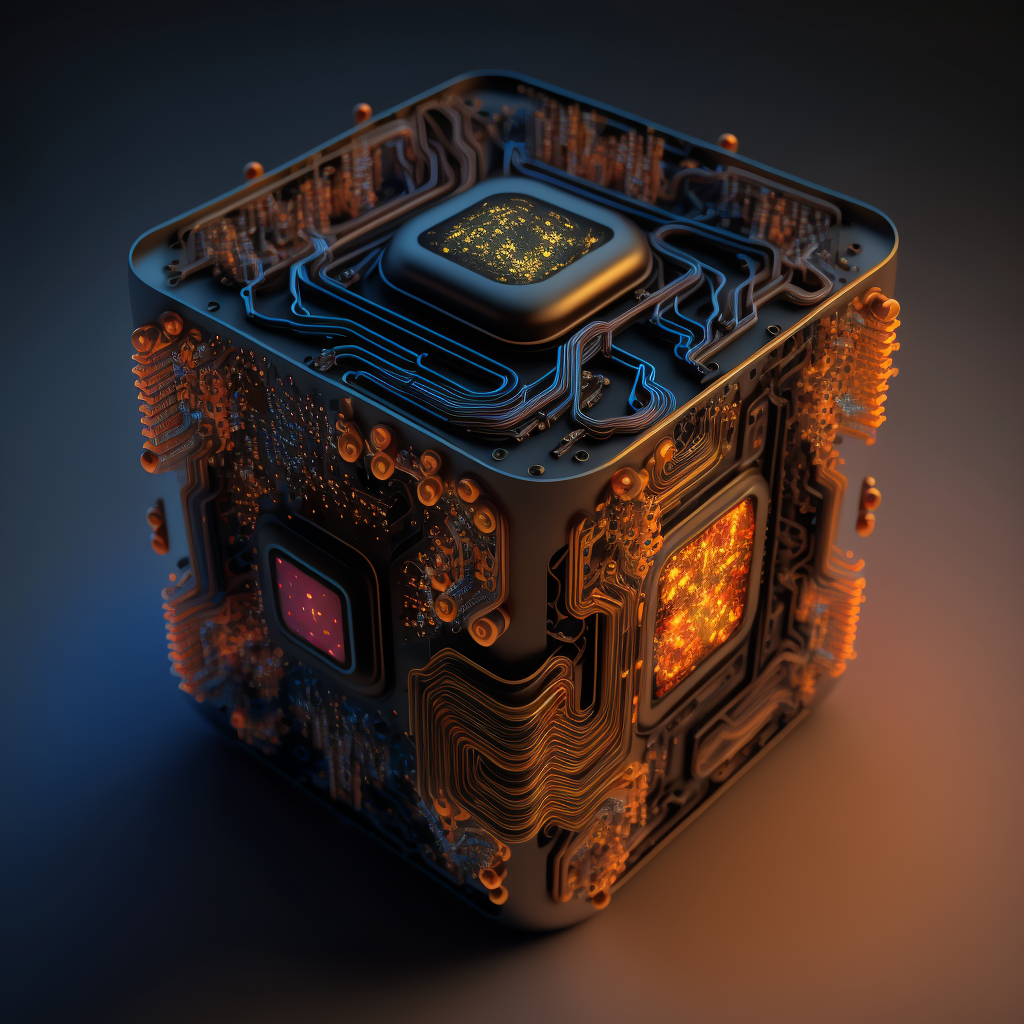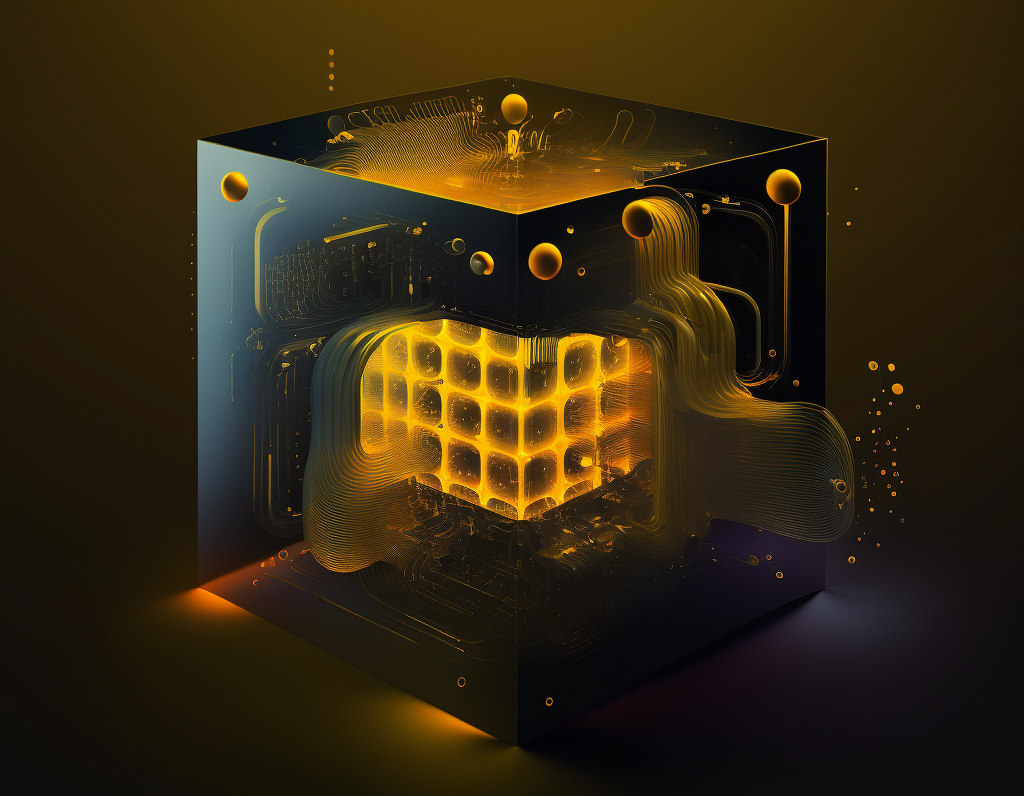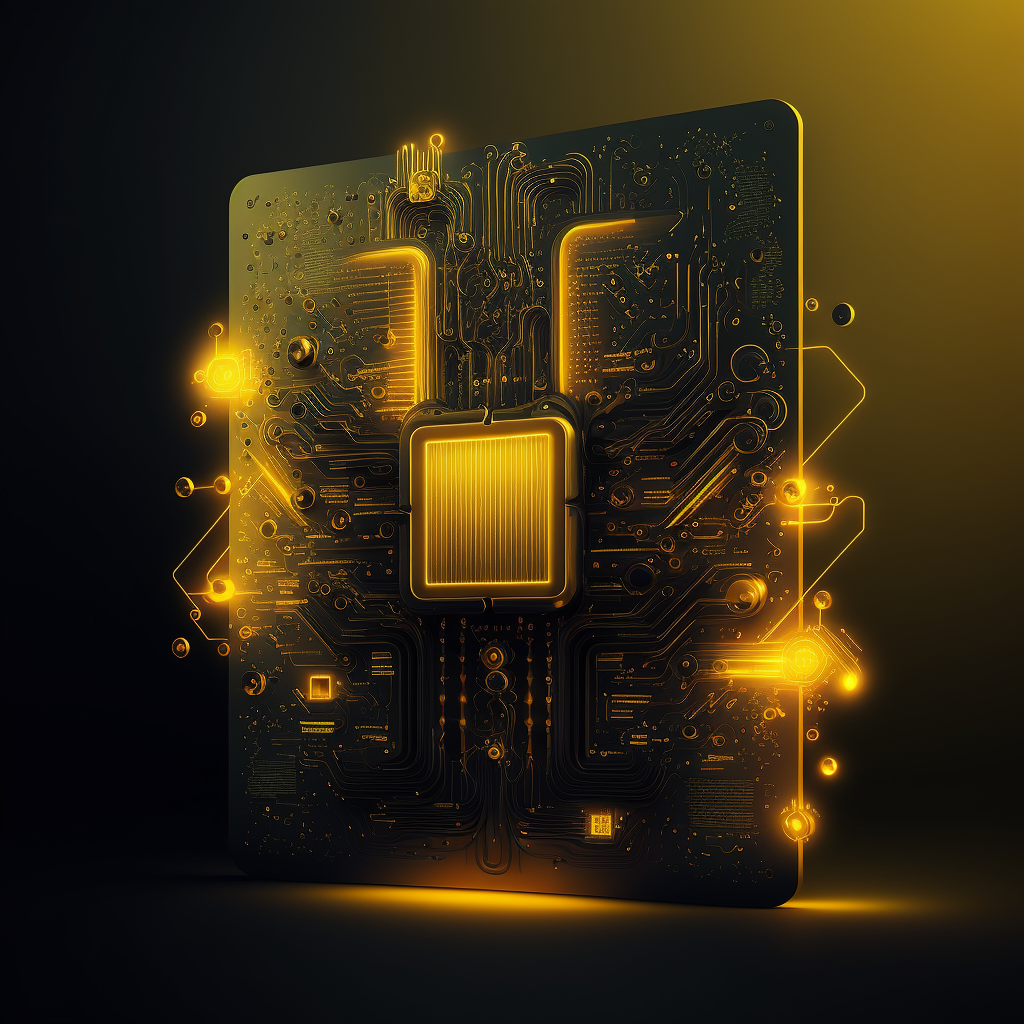Blog

They are changing the way we live, work, and interact with each other. Here's a brief overview of each: Machine learning : Machine learning is a subset of artificial intelligence (AI) that allows machines to learn from data and make decisions based on that learning. It involves building algorithms that can learn from and make predictions or decisions on data, without being explicitly programmed. Machine learning has numerous applications, including image and speech recognition, natural language processing, fraud detection, and personalized recommendations. Quantum computing: Quantum computing is a field of computing that uses quantum-mechanical phenomena, such as superposition and entanglement, to perform computations. It has the potential to solve problems that are beyond the reach of classical computers, including simulations of complex chemical reactions and optimization problems. However, quantum computing is still in its infancy and is not yet widely used in practical applications. Internet of things : The internet of things refers to the network of devices, vehicles, and other objects that are connected to the internet and can communicate with each other. This network allows for the collection and exchange of data, which can be used to optimize processes, improve efficiency, and provide new services. Examples of IoT devices include smart homes, wearable fitness trackers, and industrial sensors. The convergence of these three technologies can have significant implications for industries such as healthcare, finance, and transportation. For example, the combination of IoT and machine learning can enable predictive maintenance for industrial machinery, while the use of quantum computing can improve drug discovery and development. However, there are also challenges associated with these technologies, including data privacy and security concerns, the need for specialized skills, and the potential for job displacement.

Quantum computing has the potential to revolutionize the field of machine learning and algorithms by enabling the development of more efficient and powerful algorithms for processing and analyzing data. One of the key advantages of quantum computing is its ability to perform certain types of computations much faster than classical computers. This includes tasks such as factorizing large numbers, searching large databases, and solving certain optimization problems. These capabilities have important implications for machine learning and algorithms, as many of the tasks involved in these fields can be framed as optimization problems. One of the most well-known quantum algorithms for machine learning is the quantum support vector machine (SVM) algorithm, which has been shown to outperform classical SVMs in certain cases. Other quantum algorithms for machine learning include quantum principal component analysis (PCA), quantum k-means clustering, and quantum neural networks. In addition to these specific algorithms, quantum computing also has the potential to speed up many of the foundational building blocks of machine learning and algorithms, such as linear algebra operations and matrix multiplications. This could lead to faster and more efficient training of machine learning models, as well as faster optimization of algorithms. Overall, quantum computing holds great promise for the field of machine learning and algorithms, and researchers are actively working to develop new quantum algorithms and techniques to take advantage of this emerging technology.

Quantum computing has the potential to significantly impact the fields of IoT and cybersecurity. Here are some ways in which quantum computing is related to these fields: Cryptography : Cryptography is the cornerstone of cybersecurity, and it relies on the fact that certain mathematical problems are difficult to solve using classical computers. However, quantum computers can solve some of these problems much faster, such as factoring large numbers or finding the discrete logarithm. As a result, quantum computers could break many of the current cryptographic systems that are used to protect sensitive data. This has led to the development of quantum-resistant cryptography, which uses mathematical problems that are believed to be secure even against quantum computers. IoT security : The Internet of Things (IoT) refers to the network of devices that are connected to the internet, such as smart homes, wearables, and industrial sensors. IoT devices often have limited processing power and memory, making them vulnerable to cyber attacks. Quantum computing can potentially provide a solution by enabling more powerful encryption and authentication techniques that can be implemented on IoT devices themselves. Data analysis: IoT generates massive amounts of data, which can be analyzed to provide valuable insights. Quantum computers can process large amounts of data much faster than classical computers, enabling real-time analysis and faster decision-making. Simulation : Quantum computers can simulate the behavior of quantum systems, which could be useful for understanding the behavior of certain materials or chemical reactions. This could have applications in fields such as material science, drug discovery, and climate modeling. Sensor networks : Quantum sensors are highly sensitive and have the ability to detect very small changes in their environment. This makes them useful for a variety of IoT applications, such as environmental monitoring or detecting changes in infrastructure. Quantum computing could be used to analyze data from these sensors and make more accurate predictions about future events. Overall, quantum computing has the potential to revolutionize the fields of IoT and cybersecurity, but it also poses new challenges that need to be addressed. As the technology continues to evolve, it will be important to develop new security measures and cryptographic systems that are resistant to quantum attacks.

1. Cryptography : Quantum computers can perform certain mathematical operations much faster than classical computers, which can be used to break many of the commonly used cryptographic protocols. For example, the widely used RSA and Elliptic Curve Cryptography (ECC) algorithms that rely on the hardness of factoring large numbers and discrete logarithm problems, respectively, can be broken by quantum computers using Shor's algorithm. Post-quantum cryptography (PQC) is being developed to address this issue by providing alternative cryptographic protocols that are resistant to quantum attacks. 2. Cryptanalysis : Quantum computers can also be used for cryptanalysis to break encryption keys used to secure data in transit or at rest. Grover's algorithm can be used to search through a large number of keys much faster than classical computers, which could be used to break symmetric encryption algorithms such as AES. 3. Quantum key distribution (QKD) : Quantum computing could enhance the security of QKD protocols, which use the principles of quantum mechanics to secure communication channels. QKD protocols are currently limited by the distance that the quantum keys can be transmitted due to losses in the communication channel. Quantum computers could be used to extend the range of QKD protocols by correcting for losses and errors in the transmission. 4. Cybersecurity operations: Quantum computing could also be used to improve cybersecurity operations, such as threat detection, intrusion detection, and malware analysis. For example, quantum computing could be used to analyze large amounts of data to detect patterns and anomalies in network traffic or to perform more complex analysis of malware behavior. Overall, quantum computing has the potential to significantly impact cybersecurity, and it is essential to develop new cryptographic protocols and security mechanisms that can resist quantum attacks to ensure the security of our digital infrastructure.
